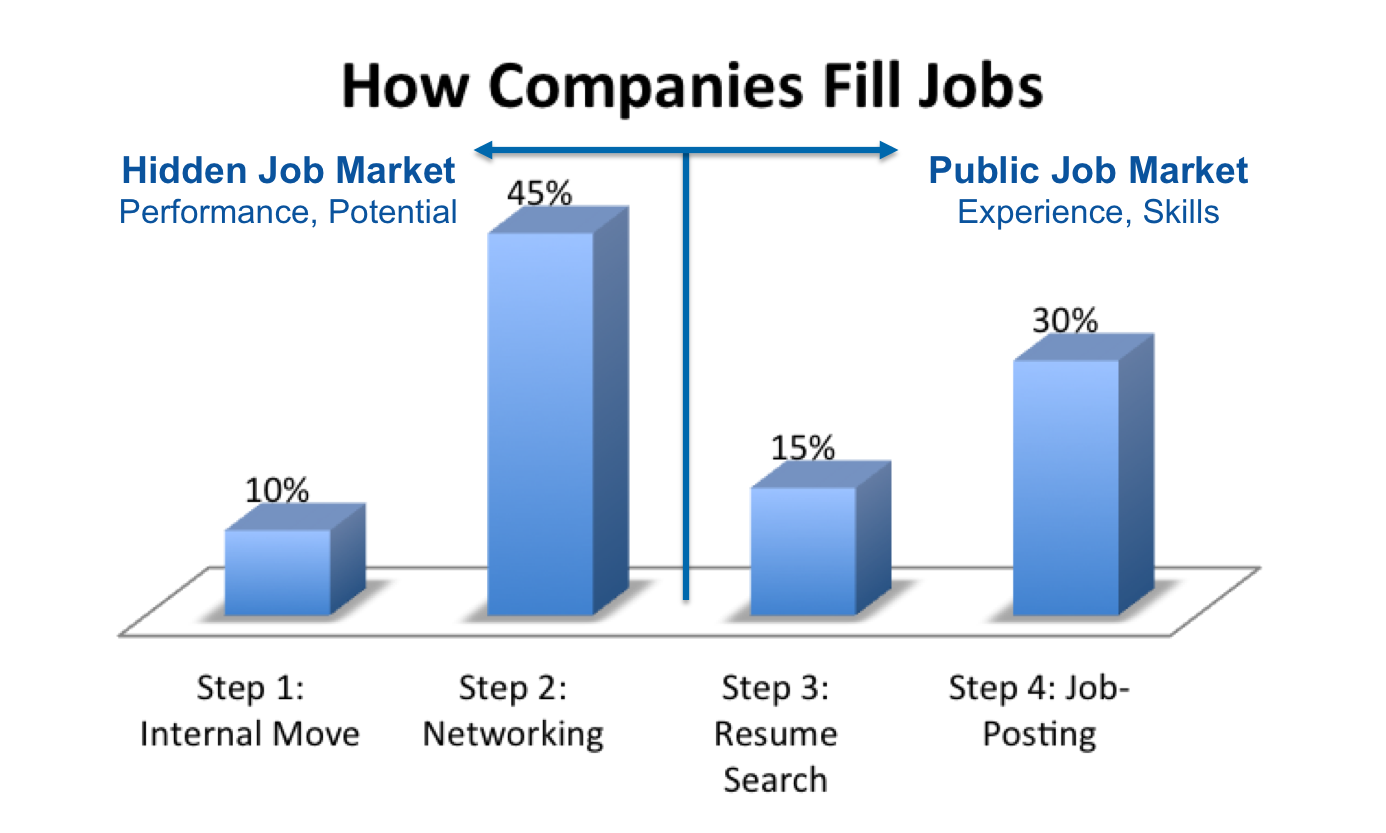
by tomnora | Jul 20, 2013 | Angel Investor, early stage, founder, Hawaii, SaaS, Scalability, startup, startup CEO, Tom Nora
In 2008 I was working on a post-merger integration project for a small company being acquired by a Fortune 100 behemoth. We looked at several SaaS based systems for accounting, sales automation, calendaring, product management, scheduling our company airplane, travel, etc. At the time SaaS just wasn’t mature enough and people at the company weren’t comfortable enough to make the change; too many old habits of installing software.
Because of this reluctance, almost every business process we depended on required the manual intervention of humans. The difference in efficiency between then and now is pretty amazing.
Today, only 5 years later, almost every task we performed then is gone, a complete turn over of an industry. These are now done either transparently in the background, in the cloud, or done using minimally invasive mobile apps. Spell-guesser, auto-fill, travel, accounting, calculating company valuations, facebook, pinterest, dropbox, codecademy, me writing this blog are all managed by a SaaS platform.
PaaS, IaaS and other derivatives of SaaS are proliferating but are just that, derivatives. Today SaaS is pretty much the norm; many, many human processes have been displaced more rapidly than ever in our history. We wouldn’t be able to imagine our lives without it, auto-save, no software loads, freemuim, mobile, access anywhere. I can even build server based websites with Drupal and MySQL now on an iPad in a coffee shop.
But more importantly, the labor of moving software around by humans and physical media and even the Internet has been taken down to almost zero. The software just doesn’t leave it’s cloud hosts anymore. This saves energy, mistakes, cost, time, client computer memory and bandwidth. It vastly reduces computer waste.

SaaS is the culmination of over 20 years of changes from ASPs, client-server, the web, higher speeds, always on, mobile 2.0, cloud computing, laptops HTML5 and many more innovations to finally reach the moment we’re in now. This speed of innovation has never been seen in history – not in automobiles, education or any industry.
The way we do things today is very different because of SaaS and the Internet. 80 year olds can build a Facebook page of their family’s photos or create a new business using a cellphone because of SaaS, without ever knowing anything about the guts underneath. I wonder where it will go next, what the next big change will be to make todays capabilities obsolete. You know it will happen.
> Connect with me here and on twitter @tomnora

by tomnora | Jun 13, 2013 | Angel Investor, Business Development, early stage, Hawaii, Hiring, Jobs, Scalability
I’m building my own job hunting tool to try to fix the broken inefficient systems currently out there. I was interviewed by Forbes recently and asked to comment on the job hunting process and my opinion of applying online to jobs. Here’s an excerpt of my answers…
Great topic. The market has shifted in several ways – automation, obsession with young malleable low cost employees and the current bad economy – these factors have rendered the online job boards obsolete. Remember, job boards and online hiring were invented almost 20 years ago and popularized by Monster. Machines took over the process and proved to be a weak substitute for humans. The only major innocations since then are automatic resume reders which harm as much as they help.
Many article point out that networking and referrals are the most effective ways to get hired, and I tend to agree. There are many human emotions, loyalties, friendships, favors, proximities, etc. that have more weight than what resonator tells an HR person. There is also a lot of campaigning – with a weak economy and ineffective government help people want to help others that they know to get hired and survive all this. They for their cousin or friend or roommate for that job paying 80K plus benefits.
Online job systems assume the most important factor in hiring is qualifications, and that is far from the truth. The top factors are familiarity, recommendations, in-person meetings, personal prejudices and empathy. Many under-qualified get hired every day over better candidates. The bad economy amplifies that. Just look at acqi-hiring or the San Francisco tech ecosystem.
The way computers and social media and machine learning are used to streamline the hiring process must change and augment reality as it is today, not try to alter it. @tomnora
by tomnora | Mar 7, 2013 | Angel Investor, CEO Succession, early stage, founder, Hawaii, Launch, Scalability, startup, startup CEO, Tom Nora
- What are people doing now because your product doesn’t exist, what is the pain you will solve?
- What is it that you know about your specific niche that other companies do not?
-
How and when does this make revenue and profits? What is the growth graph?
@tomnora

by tomnora | Jan 19, 2013 | Angel Investor, Business Development, CEO Succession, early stage, founder, Hawaii, Revenue Growth, Scalability, startup, startup CEO, venture
Most startup entrepreneurs focus on one thing throughout the lifecycle of their company: bringing in CASH. C-A-S-H. Cash through investments, revenues, borrowing from F&F, VCs, convertible notes, deal terms, angels, etc. All of these things are magical words to early stagers. I attend and host many meetups and conferences for startups, and consult to several startups, and every founder is inevitably talking about Cash. Cash on Hand, The next Round, we just need $XXX,XXX. Cash, Cash, Cash.
A different way to improve your cash situation is the indirect one – reduce Friction Costs in your ecosystem with peripheral influencers.
In Silicon Valley, Boston, Boulder and a few other places, the growth of the startup world has vastly been enhanced over the past 10 to 30 years by professionals who are not VCs or developers or entrepreneurs – they’re the Accountants, Attorneys, Consultants, Professors, Marketing firms and others who have tremendous influence over VCs, Angels and prospective customers. They are trusted, fairly impartial, focused, big picture and practical. They’re also critical to the processes of business.
If you want to make money rain from the sky, nurture these people with sincerity over long periods of time, not just when you need them. They decrease the friction in doing business by connecting the right people, finding the quickest path between 2 points, making warm vs. cold introductions and telling entrepreneurs when “it ain’t gonna happen”.
So find some of these people and get to know them – here are 10 things you can do:
1. buy them a cup of coffee
2. be real with them, when you don’t need anything.
3. Help them out with something they’re working on.
4. Read What Would Google Do? by Jeff Jarvis.
5. Join my meetup group; you’ll find many of them there and can connect no matter where you live: meetup.com/Startup-Workshops/
6. Invite them to speak at an event you’re hosting.
7. Contact me and I’ll help you find and meet the right people.
8. Create something very cool, nothing gets attention like that.
9. Be a connector. Connect 2 people without any self interest; I do this almost daily.
10. Become an authority on the flow of cash in startups, a very valuable skill.
Tom Nora
by tomnora | Dec 14, 2012 | Angel Investor, Business Development, CEO Succession, early stage, founder, Hawaii, Launch, Revenue Growth, Scalability, startup, startup CEO, Tom Nora, venture
Being the CEO of a startup is crazy, fun, very hard work, inclusive, humbling and of course can be quite rewarding. Weekends are meaningless. There is a continuous decision stream where each decision informs the next. Your mind is thinking 24 hours a day, even when you sleep.
When you’re the CEO of a startup, a real startup with product and some cash in the bank and/or revenue, there are 3 FULL TIME JOBS.
1. Raising Money – you are constantly doing this, preparing for this and thinking about this, whether it’s pre-seed, seed funding, debt, revenue, partnerships, IPO or other.
2. Managing and Properly Growing The Business – this includes several things, depending on the size of the enterprise: managing employees, administration, hiring, firing, leases, expenses, unhappy employees, fixing other problems, etc.
This piece is what often kills an otherwise great business, which justifys the case for less is more when it comes to employees and infrastructure.
3. Selling – The CEO of a startup must ABS, always be selling. You start every day working this, just like #1 above, they’re closely related. Using the CEO to close sales no matter what size the business is, is vital to success.
This piece emphasizes the importance of having an awesome, mature VP of Sales, if you can afford it; it takes a lot of pressure off and frees up the time of the CEO.
Overall, it can be the most exhilarating experience you’ve ever had, especially when things work. And it’s more accessible to most people than ever before. But it’s not for everyone – you must decide what your #1 goal is. If it’s to create a successful long term business, being the CEO should be something you’re willing to give up if it threatens goal #1. If your #1 goal is to try it out to see how it feels, then by all means do it, get professional help, and make the most of it. Contact me if you’re dead serious and I can help you. The Startup CEO by Tom Nora

by tomnora | Dec 5, 2012 | Angel Investor, Business Development, CEO Succession, early stage, founder, Hawaii, Revenue Growth, Scalability, startup CEO, Tom Nora
This group is 8 months old, 400+ members, gaining nice momentum every week. I see people connecting and getting things done and real relationships building. And I’ve met some amazing people. L.A. is a funny place but I love the startup scene here.
For 2013 I’m trying to figure out where to go next. One guiding premise of mine has been to spend minimal time on this; it’s just a meetup group, not a company.
However, it keeps growing growing on its own, and I am seeing more of what’s needed to make people in this group successful – sessions on SaaS/Cloud Computing, better software technologies, focused consulting, API training.
Thursday Night Meetup with Consulting giveaway – “How can SoCal Startups Leverage Silicon Valley success?” at ROFL. We’re giving away 2 consulting packages for 1 month. Cost is $10 plus food cost. Only a few spots left.
Next Year – Many possibilities – basic web design training, a 2 day conference in April, another 2 day conference in Hawaii in May. If you want to be involved in any of these please contact me. There’s no pay but many other benefits.
Venues – This is always a pain for organizing events. We discussed starting our own little venue company in this group. Anyone interested in this also please contact me. The critical piece, as always would be a full stack developer (see next topic).
Job Board – I come across jobseekers and jobs several times a week. Thinking about starting a very simple list of startup/tech jobs. any thoughts?
I’ll see some of you Thursday and Happy Holidays to everybody! tomnora2020 (at) gmail
To visit Startup Workshops, go here:
http://www.meetup.com/Startup-Workshops/





